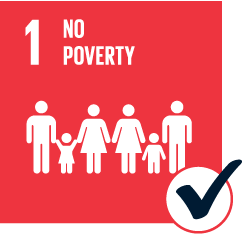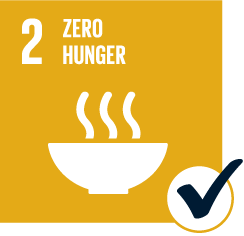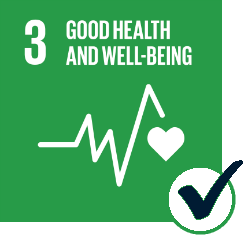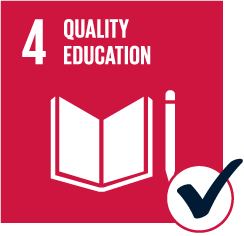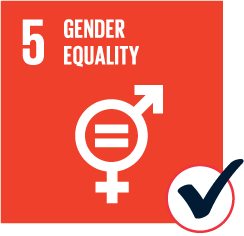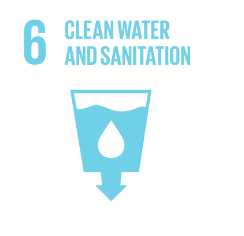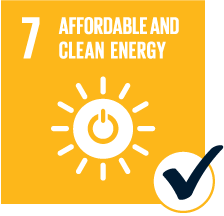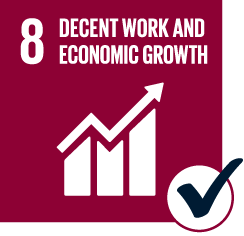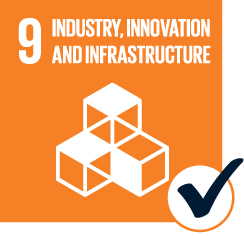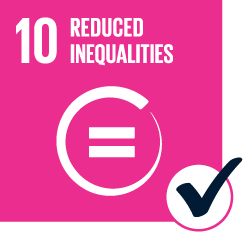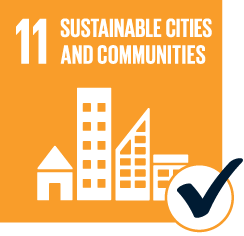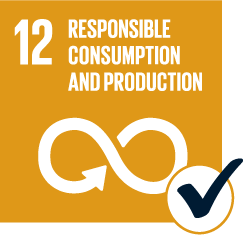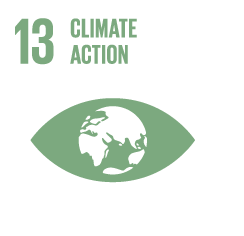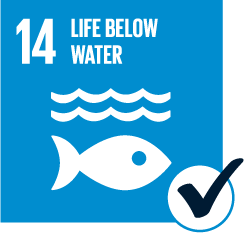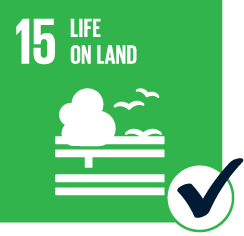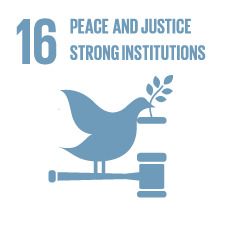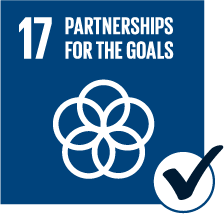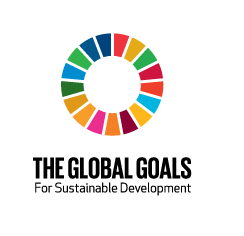Our philosophy
At TriLinc, we believe the alignment of meaningful financial return and positive social and economic impact mutually reinforces one another, and industry research has shown to support our position.
Studies, such as this, have found that many investment managers incorporate ESG factors as a way to enhance risk-adjusted returns and high ESG-rated companies exhibit market-based outperformance.
TriLinc employs a disciplined ESG screening process to assess a company's ESG policies and practices as a way to mitigate certain potential risks. TriLinc's impact tracking and reporting are designed to prove that capitalism can be used as a force for good.
Impact Performance Goals
- Aligned with the UN’s Sustainable Development Goals
- Conform to the IFC Exclusion List
- Meet local and international laws and respective practices
- In compliance with local environmental, labor, health, safety and business laws
- Represent in writing their company’s ongoing commitment to ESG practices
- Environmental practices such as: energy savings, waste reduction and water conservation
- Social policies for fair hiring, compensation, maternity leave, community service and corporate donations
- Identify and track the GIIN’s IRIS metrics
Global Impact
Since 2013, we financed $1.5 billion in term loans and trade finance transactions1 to enterprises in 38 developing economies2 that resulted in the support of over 45,039 permanent jobs.3
- $ 531.08 M in term loans and trade finance
- 35 enterprises
- 22,272 permanent jobs
- 9 developing economies
- $ 580.5 M in term loans and trade finance
- 43 enterprises
- 13,599 permanent jobs
- 15 developing economies
- $ 266.4 M in term loans and trade finance
- 13 enterprises
- 7,471 permanent jobs
- 5 developing economies
- $ 109.04 M in term loans and trade finance
- 7 enterprises
- 1,692 permanent jobs
- 5 developing economies
All data is from inception to 12/31/2020 unless otherwise noted. 1) Global impact data does not include short-term investments. Short term investments are defined by TriLinc as investments that generally meet the standard underwriting guidelines for trade finance and term loan transactions and that also have the following characteristics: (a) maturity of less than one year. (b) loans to borrowers to whom, at the time of funding, TriLinc does not expect to re-lend. Impact data is not tracked for short term investments. 2) TriLinc supports impactful trading operations, benefiting exports and/or imports into primarily developing economies. For borrower companies located in developed economies, TriLinc provided either: (a) trade finance facilities involving developing economy exports and/or imports; or (b) term loan facilities for operations in developing economies. The transactions involving these developing economy enterprises are included in the figures above. 3) “Permanent Jobs” is based on the IRIS Metric of Permanent Employees. Employment figures stated above: (1) represent the number of permanent employees reported by each borrower at the time of initial financing or during the company’s latest annual review; and (2) include 11 developed economy enterprises in Hong Kong, Singapore, United Arab Emirates, the United Kingdom, Italy, and New Zealand that supported a total of 6,814 jobs and traded into nine developing economies in Sub-Saharan Africa and Southeast Asia.
2023 Sustainability and Impact Report
Alignment with UN Sustainable Development Goals
